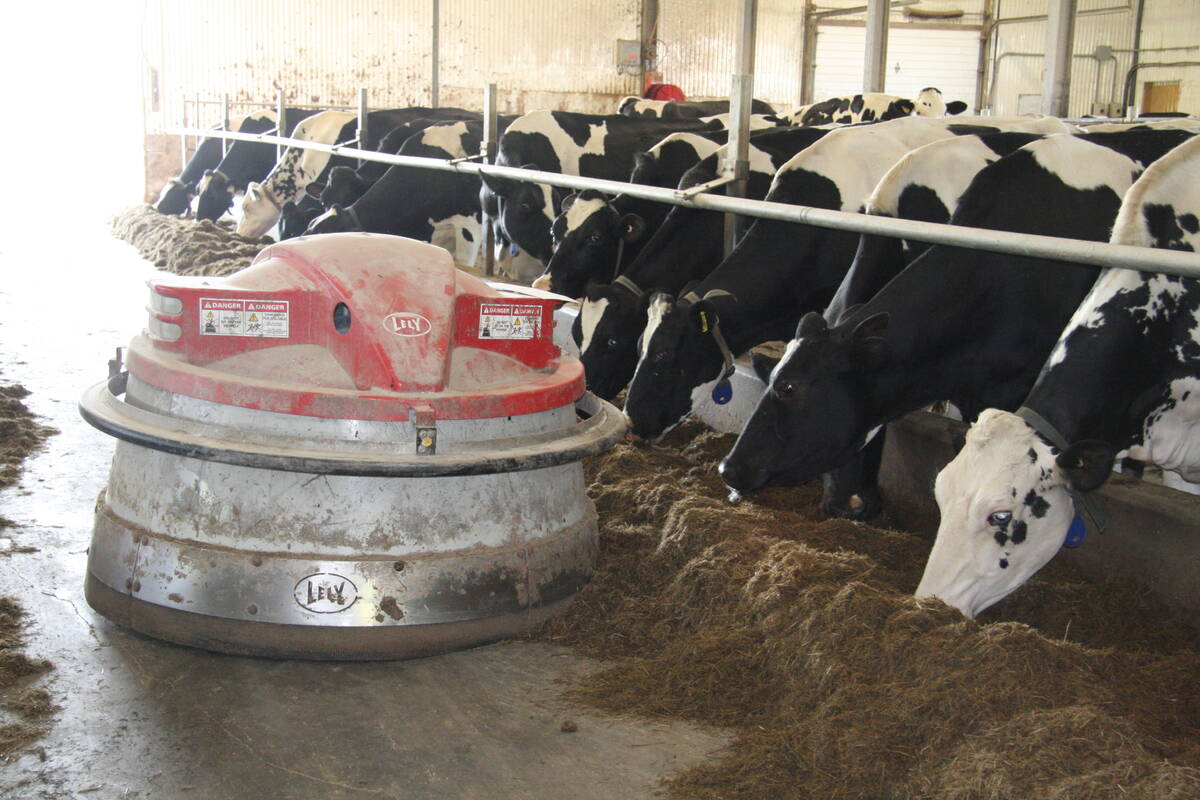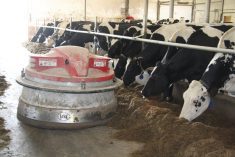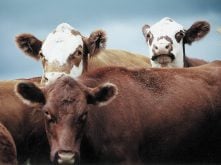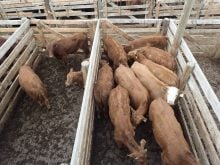Rick Burton came to town with a week-old beard and a fire in his belly.
The Claresholm rancher showed up at the inaugural meeting of the Alberta Grazing Leaseholders Association to see what was going on, and somebody talked him into running as a director.
In his campaign speech he promised to shave and keep up the pressure on the province to revise the proposed legislation governing crown leases.
The new chair of the leaseholders’ association shares his worries with more than 780 paid members who are committed to changing a proposed grazing law that has inflamed Alberta’s ranching community.
Read Also

Partnerships, communication key to disease management
Communication and strong, trusted partnerships are key to managing infectious diseases like Foot and Mouth Disease and HPAI.
Four generations of Burtons have lived on their Claresholm ranch, which was settled in the 1890s. Leased pasture has become a vital part of the ranch.
“It’s part of our home. We’ve been here for over 100 years. It’s a key part of our operation,” he said.
While Burton knows the government won’t throw out the legislation, he is optimistic the new association can make changes.
“The board’s first order of business is to ink out a strategy that we hope will deflect some of these amendments.”
Compensation for oil and gas activity on a lease, as well as public access to crown lands, are two of the main issues.
The bill is due to be tabled in the spring sitting of the legislature, which could start as early as mid February.
The new board includes Burton as chair, Lanni Bristow of Hinesburg as vice-chair and Tim Andrews of Youngstown as secretary. Other directors include Jack Horner, Pollockville; Wayne Heller, Walsh; Neal Gilchrist, Milk River; Simon Schonhofer, Jenner; Art Wheat, Marwayne and Howard Greer, High Level.
The leaseholders are united against the report released last year by a legislative committee led by MLA Tom Thurber. Meetings discussing the proposed legislation have attracted leaseholders in droves. More than 600 people showed up in Youngstown last summer to tell agriculture minister Ed Stelmach they didn’t like the report and a Medicine Hat meeting brought in 800 people by the busload. A decision to form an association was made there.
Government officials say the issue was heavily debated by a standing policy committee but the leaseholders are not satisfied.
Admittedly there is little support coming from those who don’t hold crown leases, said Burton. However, they should be concerned, he said. When the surface rights act is revised, the changes that affect leases could apply to deeded land, he said.
Changing the legislation could be an uphill battle, says Edmonton lawyer Keith Wilson, who specializes in agricultural issues and will be working with the association.
The issue of compensation for well sites is often misunderstood by the public. It has been presented as a rental rate but that is wrong.
“The money that ranchers receive now is intended to compensate them for the additional adverse affects and inconvenience that the well site has on the lease. The government says it’s going to take that money and hasn’t demonstrated in any way why it would be entitled to it,” Wilson said.
For example, if an animal is hurt or killed, that money is meant to cover some of that loss. Under the proposed legislation leaseholders will have to go after the oil company and prove they are responsible for damages.
Sometimes damages are easy to prove. In one case a rancher found a calf tangled in a pump jack. But damage caused by toxins or fumes may be tougher to prove.
The grazing lease act could be law by May or June. Regulations and operating policies will be written afterward, said Les Lyster of Alberta Agriculture.
He assured the Calgary meeting that leaseholders and other groups, such as environmentalists and the energy industry, will be included when regulations are drafted.















